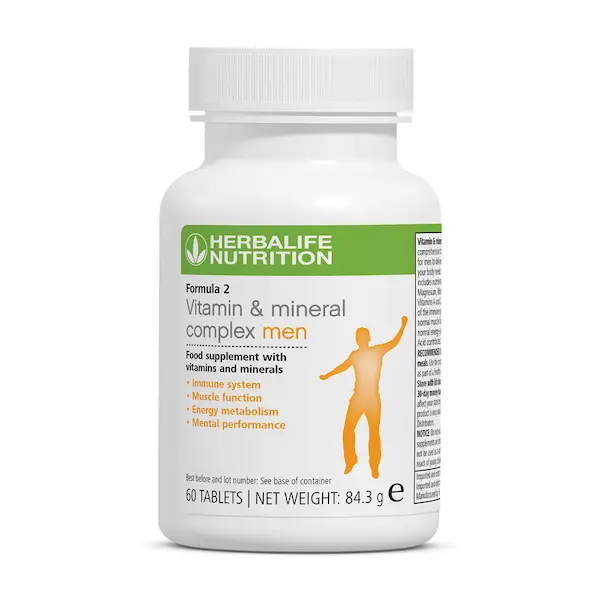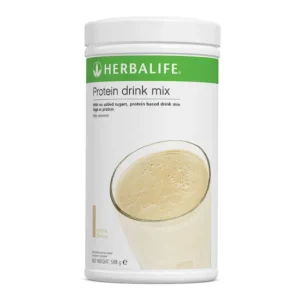While macronutrients like carbohydrates, proteins, and fats take the spotlight in our diets, it’s important not to overlook the equally vital micronutrients. Micronutrients include essential vitamins and minerals that our bodies require in smaller quantities but play a crucial role in maintaining optimal health. These micronutrients are involved in numerous physiological processes and support the proper functioning of various systems in our bodies. In this article, we will explore the importance of micronutrients and how they contribute to our overall well-being.
The Role of Vitamins
Vitamins are organic compounds that are essential for various bodily functions. Here are some key reasons why vitamins are important:
- Enhanced Immune Function: Certain vitamins, such as vitamin C, vitamin D, and vitamin A, are known for their role in supporting a healthy immune system. They help strengthen our immune response, fight off infections, and promote overall well-being.
- Antioxidant Protection: Vitamins such as vitamin E, vitamin C, and beta-carotene (a precursor of vitamin A) act as antioxidants. They help neutralise harmful free radicals in our bodies, reducing oxidative stress and lowering the risk of chronic diseases.
- Bone Health: Vitamins like vitamin D, vitamin K, and calcium play a vital role in maintaining strong and healthy bones. They aid in calcium absorption and utilisation, promoting bone mineralization and reducing the risk of osteoporosis.
- Energy Production: B-vitamins, including thiamin (B1), riboflavin (B2), niacin (B3), pantothenic acid (B5), pyridoxine (B6), and cobalamin (B12), are essential for energy production. They support the metabolism of carbohydrates, proteins, and fats, converting them into usable energy.

The Significance of Minerals
Minerals are inorganic substances that our bodies require for proper functioning. Here are key reasons why minerals are crucial:
- Electrolyte Balance: Minerals like sodium, potassium, and chloride are essential electrolytes that help maintain fluid balance in our bodies. They support nerve function, muscle contractions, and overall cellular communication.
- Bone and Teeth Health: Calcium, phosphorus, and magnesium are vital for the formation and maintenance of healthy bones and teeth. They contribute to bone strength, density, and proper skeletal development.
- Oxygen Transport: Iron is a crucial mineral involved in oxygen transport within the body. It is a key component of hemoglobin, the protein in red blood cells that carries oxygen to all tissues and organs.
- Enzyme Function: Many minerals, such as zinc, copper, selenium, and manganese, act as cofactors for enzymes. Enzymes are essential for various biochemical reactions in our bodies, including metabolism, DNA synthesis, and immune function.
- Nerve Function: Minerals like potassium, calcium, and magnesium play a crucial role in maintaining proper nerve function. They help transmit nerve signals, ensuring efficient communication between the brain and the rest of the body.
Meeting Micronutrients Needs
Achieving a well-rounded and balanced diet is essential to meet our micronutrient needs. Here are some tips to ensure adequate intake:
- Eat a Variety of Whole Foods: Incorporate a wide range of fruits, vegetables, whole grains, lean proteins, and dairy or dairy alternatives in your diet. Different foods provide different micronutrients, so aim for a diverse plate.
- Pay Attention to Colour: Vibrantly coloured fruits and vegetables often indicate a high content of essential vitamins and minerals. Include a rainbow of produce to ensure a diverse nutrient profile.
- Cooking Methods: Opt for cooking methods that preserve micronutrients. Steaming, roasting, and lightly sautéing vegetables can help retain more nutrients compared to boiling.
- Consider Supplementation: In some cases, supplementation may be necessary, especially for individuals with specific dietary restrictions or health conditions. However, it’s important to consult a healthcare professional before starting any supplementation regimen.
Micronutrients, including vitamins and minerals, play a vital role in maintaining optimal health. They support immune function, protect against oxidative stress, promote bone health, facilitate energy production, and aid in numerous physiological processes. By prioritising a balanced and varied diet, we can ensure that our bodies receive the essential micronutrients they need for overall well-being.
Herba Health Shop – Herbalife Independent Member 💚






